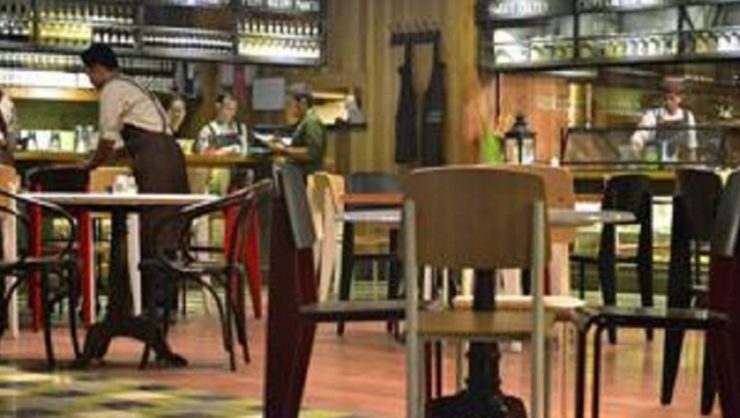THE Indonesian Hotel and Restaurant Association (PHRI) provides support and hopes that the Java-Bali Emergency Restrictions on Community Activities (PPKM) policy, which began on July 3-20, can be effective in order to reduce the spread of COVID-19 which is currently very fast.
According to the Secretary General of the Central PHRI, Maulana in Jakarta, Saturday (7/3) said I hope the government is able to provide incentives or compensation from this policy, especially for players in the hotel and restaurant sector. Moreover, with restrictions on occupancy, employment, financing, and low demand.
“We support Emergency PPKM because the current situation is really tough, yes. Positive cases (COVID-19) are increasing rapidly, coupled with the availability of hospitals and oxygen cylinders that are running low, this (Emergency PPKM) is something that must be done,” said Maulana Yusran.
He explained, we hope that the implementation must also be effective, because this PPKM requires sacrifice, of course, and the social impact is large. The effectiveness of this implementation must also be maintained. There are at least four things that should be a concern and unavoidable for the two sectors which are now at the defensive level.
One of the expected compensations is related to local taxes. Yusran said, in the second semester, there is a maturity in the Land and Building Tax (PBB), which has a large value.
“The year 2021 is also a tough year. Low income with reduced mobility, automatically how to survive in this sector becomes complicated. UN tolerance must exist, it must be considered because this concerns the business world as well,” said Yusran.
Other points are related to banking, electricity, and labor issues. For the workforce, Yusran considers that this is the most important thing.
“This is the most important thing. With our inability to operate, the workforce cannot get money. What will their fate be, because of course they cannot survive only by relying on savings,” Yusran underlined.
He explained that the situation for hotel and restaurant workers since the pandemic, they don’t work full time, it’s more like daily work; when they work, they just get paid, because that’s the condition. This could also be considered by the government. Many are struggling to pay, because the business situation is not good. This compensation is to be expected, because it is not easy.
Meanwhile, the government decided to implement the Java-Bali Emergency PPKM, in the hope of suppressing positive COVID-19 confirmed cases to less than 10,000 cases per day.
During this period, companies in the non-essential sector must apply 100% work from home, while for the essential sector a maximum of 50% of employees in the office with health protocols and 100% critical sectors.
Supermarkets, traditional markets, grocery stores and supermarkets that sell daily necessities can operate until 20:00 with a capacity of 50% of visitors. Drug stores and pharmacies are open 24 hours. Restaurants, including those in malls, may only accept take-out or take-out food, not allowed to eat inside the restaurant. [antaranews/photo traveltext.id]
















